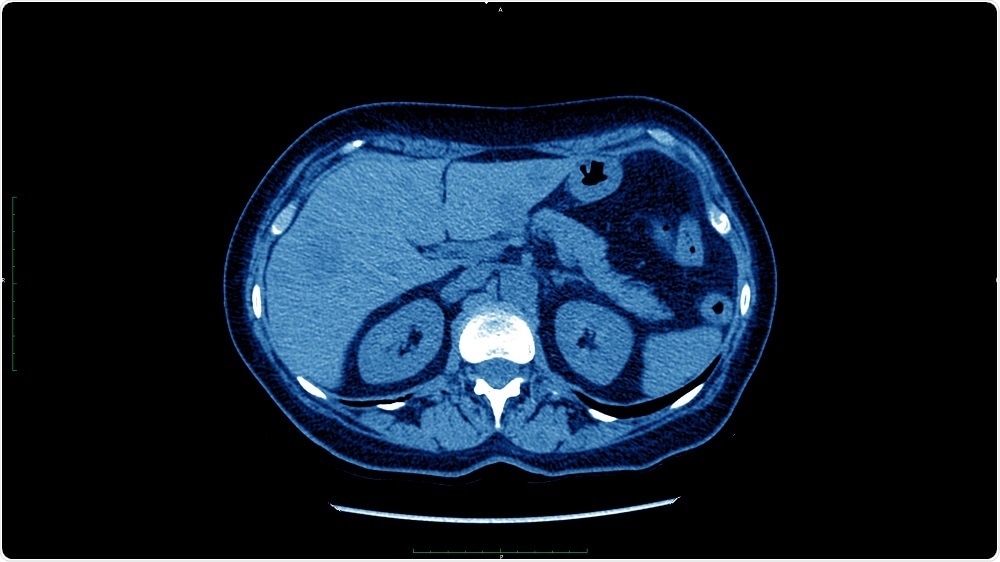Feb 12 2018
A new study carried out by the researchers at UT Southwestern's Simmons Cancer Center found that ultrasound imaging in combination with a blood test for alpha fetoprotein (AFP) could improve the detection of early-stage liver cancer by 40%.
 Credit: dade72/Shutterstock.com
Credit: dade72/Shutterstock.com
The study was a meta-analysis of 32 previous research works and the findings were recently published in the journal Gastroenterology.
According to the National Cancer Institute (NCI), earlier detection is essential for improving the survival of patients with liver cancer, a disease that is on the rise and the fastest increasing solid-tumor cancer in the U.S.
Early detection of cancer enables the doctors to perform curative therapies, thereby extending patients survival to many years.
However, most liver cancers in the U.S. are diagnosed at later stages, when curative treatment is not possible and survival is much worse.
The NCI stated that the incidence of most cancers is decreasing in the U.S. However, the incidence of liver cancer has risen by 2.7% a year over the past 10 years. The NCI has predicted that approximately 40,700 new cases of liver cancer will be diagnosed in the U.S. alone in 2018.
Risk factors for liver cancer, also known as hepatocellular carcinoma or HCC, include chronic heavy alcohol consumption, nonalcoholic fatty liver disease related to diabetes and obesity, and hepatitis C infection.
The symptoms of HCC include loss of weight or appetite, white chalky stools, upper abdominal pain or swelling, and general fatigue.
Liver cancer screening guidelines for patients with cirrhosis vary, with some guidelines calling for just imaging and other guidelines calling for both imaging and blood tests.
Liver cancer screening in patients with chronic liver disease has traditionally been performed using an abdominal ultrasound. While ultrasound is readily available and noninvasive, it misses many cancers when they are small.
Our study found that adding the blood biomarker alpha fetoprotein increased detection of early-stage hepatocellular carcinoma from 45 percent with ultrasound alone to 63 percent using the two tests in combination."
Dr. Amit Singal, holder of the David Bruton Junior Professorship in Clinical Cancer Research
AFP is a plasma protein that is secreted in large quantity by the liver cells in the fetus. In adults, AFP levels are generally low; however, liver cancer might elevate the AFP levels.
Dr. Singal, Dedman Family Scholar in Clinical Care at UT Southwestern, said: "Our results highlight the importance of continued development and validation of blood-based biomarkers for liver cancer early detection. Most important, our results support a change in clinical practice and the routine use of ultrasound and biomarkers together for liver cancer screening.”
Source:
https://www.eurekalert.org/pub_releases/2018-02/usmc-btp020918.php